Moscovo, uma cidade que combina graciosamente séculos de história com um pulso vibrante e moderno, está a emergir rapidamente como um destino intrigante para a comunidade global de nómadas digitais. Para estes profissionais independentes da localização, o acesso a conectividade fiável, espaços de trabalho produtivos e formas eficientes de navegar numa nova cidade são fundamentais. Embora não tenha sido especificamente concebido para trabalhadores remotos, o Moscow Pass para Nómadas Digitais pode desbloquear uma panóplia de oportunidades, simplificando o quotidiano e melhorando a experiência de viver e trabalhar nesta metrópole dinâmica. Essencialmente, torna-se uma chave tanto para a produtividade como para a exploração dentro da capital russa.
O Apelo de Moscovo à Força de Trabalho Remota
O fascínio de Moscovo para nómadas digitais advém de vários fatores. Primeiro, a cidade oferece uma rica tapeçaria cultural, com museus, teatros e locais históricos de nível mundial, proporcionando ampla inspiração fora das horas de trabalho. Segundo, o custo de vida, embora mais elevado do que nalgumas outras partes da Rússia, permanece competitivo quando comparado com as principais capitais da Europa Ocidental. Terceiro, Moscovo possui uma infraestrutura de internet robusta e em contínuo desenvolvimento, o que é um ponto não negociável para quem trabalha remotamente. Isto significa que um nómada digital pode esperar conectividade fiável, seja num espaço de trabalho dedicado ou num café informal.
Com o acelerar da tendência global de trabalho remoto, a infraestrutura de Moscovo adaptou-se para satisfazer as necessidades dos profissionais que requerem flexibilidade e conectividade. Isto inclui uma proliferação de espaços de coworking modernos e uma extensa rede de hotspots WiFi públicos. Para nómadas digitais a considerar uma estadia temporária ou prolongada, torna-se essencial compreender como aproveitar os recursos da cidade, incluindo uma ferramenta como o Moscow Pass.
O Moscow Pass: Mais do que apenas um cartão turístico
O Moscow Pass é, sobretudo, comercializado como uma ferramenta turística, oferecendo acesso combinado a inúmeras atrações, museus e visitas guiadas por toda a cidade. No entanto, para um nómada digital, o seu valor estende-se para além do mero turismo. A vida de um nómada digital envolve, muitas vezes, equilibrar o trabalho com a exploração, e o passe pode melhorar significativamente esta última, libertando tempo e orçamento que, de outra forma, poderiam ser gastos em bilhetes individuais. Isto significa mais tempo para trabalho produtivo e menos tempo a preocupar-se com a logística.
Ao proporcionar um acesso conveniente a uma multitude de atrações, o Moscow Pass para Nómadas Digitais permite que trabalhadores remotos mergulhem na cultura local de forma eficiente. Este acesso direto ajuda-os a compreender rapidamente a estrutura e a atmosfera da cidade. Proporciona uma experiência cultural enriquecida, que pode ser inestimável para o bem-estar mental e para a inspiração de um trabalhador remoto. Assim, embora não seja um “visto de trabalho” direto, é um potenciador de estilo de vida que apoia indiretamente a experiência global do nómada digital em Moscovo.
Espaços de Coworking: O Escritório do Nómada Digital Longe de Casa
O panorama dos espaços de *coworking* em Moscovo amadureceu consideravelmente, oferecendo uma gama diversificada de ambientes para se adequar a diferentes estilos de trabalho e orçamentos. Estes espaços proporcionam não apenas uma secretária, mas frequentemente uma comunidade, internet de alta velocidade e equipamentos de escritório essenciais. Encontrar o espaço de *coworking* certo é, muitas vezes, uma prioridade máxima para os trabalhadores remotos.
Redes de cowork líderes como WeWork têm uma presença em Moscovo, oferecendo os seus designs elegantes característicos, escritórios privados, secretárias rotativas e áreas comuns. Locais como o WeWork White Square ou a Avenida Leningradsky proporcionam padrões de serviço globais e um ambiente familiar para nómadas internacionais. Da mesma forma, redes fundadas por russos como SOK (ex: SOK Zemlyanoy Val) oferecem espaços premium com mobiliário ergonómico, vistas panorâmicas e serviços abrangentes, incluindo salas de reunião e acesso 24/7. Muitos destes espaços maiores também organizam eventos de networking e workshops com regularidade, o que pode ser inestimável para conectar com empreendedores locais e outros profissionais remotos.
Além destes grandes intervenientes, Moscovo ostenta inúmeros espaços de coworking independentes e boutique. Lugares como #Tceh (Tseh) são populares pelas suas comunidades e eventos vibrantes, frequentemente direcionados a profissionais de TI e indústrias criativas. Outras opções como Dar Truda ou Fábrica VERMELHA oferecem ambientes mais intimistas, frequentemente com uma estética de design única e um foco em comunidades específicas. Estes espaços geralmente fornecem WiFi de alta velocidade fiável, instalações de impressão, café e lugares sentados confortáveis. Muitos operam com modelos de adesão flexíveis, oferecendo passes diários, tarifas semanais ou assinaturas mensais, o que se adequa perfeitamente à natureza transitória de Trabalho remoto em Moscovo. Um nómada digital consegue encontrar facilmente um local que se adeque às suas necessidades, seja por um dia ou por um período prolongado.
Hotspots WiFi: Manter-se Ligado Em Qualquer Lugar
O acesso fiável à internet é a força vital de qualquer nómada digital. Moscovo destaca-se ao fornecer uma conectividade WiFi pública generalizada, permitindo que os trabalhadores remotos se mantenham conectados mesmo quando fora de um espaço de coworking. Esta extensa rede é uma vantagem significativa para quem gere trabalho remoto Moscovo exigências.
O Metro de Moscovo é famosa por oferecer WiFi gratuito e de alta velocidade em toda a sua extensa rede de estações e até mesmo dentro das carruagens dos comboios. Isto permite que os passageiros se mantenham produtivos ou entretidos durante as suas viagens. Da mesma forma, muitas parques públicos locais como o Parque Gorky, o VDNKh e o Parque Zaryadye disponibilizam zonas de WiFi gratuito. Estes oferecem uma oportunidade única para trabalhar ao ar livre num dia agradável, combinando produtividade com um ambiente revigorante. Os cafés são outra pedra angular da experiência de nómada digital, e a cultura de café de Moscovo é robusta. Cadeias como Coffee Mania, Shokoladnitsa e Starbucks, juntamente com inúmeros cafés independentes, oferecem quase universalmente WiFi gratuito aos clientes. Estes locais são perfeitos para tarefas rápidas, chamadas de clientes ou simplesmente uma mudança de cenário.
Além disso, grandes centros comerciais, bibliotecas e até alguns centros de transportes públicos fora da área metropolitana, como paragens de autocarro ou rotas de tróleis, oferecem frequentemente acesso gratuito à internet. Embora a qualidade e a velocidade do WiFi público possam variar, a mera ubiquidade dos hotspots significa que um nómada digital raramente está longe da conectividade. No entanto, para trabalho sensível ou grandes transferências de dados, uma rede privada ou a ligação à internet de um espaço de coworking dedicado seria sempre uma opção mais segura e estável. Esta robusta infraestrutura WiFi verdadeiramente sustenta a viabilidade de Vida de nómada digital em Moscovo Aqui está:.
Aprimorar a Experiência Nómada com o Moscow Pass
While the Moscow Pass para Nómadas Digitais não proporciona acesso direto a espaços de co-working ou WiFi melhorado, os seus benefícios apoiam indiretamente um estilo de vida nómada. Por exemplo, o passe inclui acesso ao miradouro Moscow-City. Este não só oferece vistas deslumbrantes, como também pode ser um local único para uma reunião informal ou um momento de reflexão. Os cruzeiros fluviais incluídos no passe proporcionam uma forma relaxante de conhecer a cidade. Isto pode ser uma pausa perfeita do trabalho. Além disso, o acesso prioritário nas atrações populares poupa tempo precioso. Isto significa menos tempo perdido em filas e mais tempo disponível para trabalho ou lazer.
Considere este cenário: um nómada digital passa a manhã a trabalhar diligentemente num espaço de *coworking*. À tarde, decide explorar. Usando o Moscow Pass, entra rapidamente na Galeria Tretyakov, absorvendo arte russa sem demora. Mais tarde, pode desfrutar de um passeio panorâmico de autocarro, também incluído, obtendo uma perspetiva geral da cidade. Toda esta exploração é facilitada pelo passe, evitando o incómodo de múltiplas compras de bilhetes e filas. Esta eficiência permite um melhor equilíbrio entre vida pessoal e profissional, que é um princípio fundamental do Vida de nómada digital em Moscovo posso oferecer.
Além disso, o Moscow Pass geralmente inclui um guia ou uma aplicação que lista atrações, horários de abertura e informações sobre transportes. Este recurso pode ser incrivelmente útil para planear excursões. Portanto, funciona como um guia abrangente da cidade, útil tanto para reuniões de trabalho, se forem perto de uma atração, como para lazer.
Navegar em Moscovo: Transportes e aspetos práticos
O sistema de transportes públicos de Moscovo é vasto, eficiente e acessível, o que é uma grande mais-valia para nómadas digitais. O metro é, possivelmente, o mais bonito do mundo, funcionando como uma rede de palácios subterrâneos. É também altamente fiável. O sistema de transportes liga eficientemente áreas residenciais, distritos empresariais e atrações turísticas, reduzindo significativamente os tempos de deslocação. Usar um cartão de viagem como o cartão “Troika” simplifica as tarifas e oferece transferências contínuas entre o metro, autocarros, elétricos e o Círculo Central de Moscovo (MCC).
Para nómadas digitais, compreender frases básicas em russo pode melhorar a experiência, embora muitos sinais no metro e em zonas turísticas populares também estejam em inglês. Aplicações de transporte como a Yandex Go são amplamente utilizadas e convenientes para viagens porta-a-porta. Além disso, o acesso a cartões SIM locais para dados móveis pessoais é simples, garantindo conectividade contínua, mesmo quando o WiFi público não está disponível. Esta forte base logística reduz significativamente o atrito da vida quotidiana para trabalhadores remotos.
Comunidade e Estilo de Vida para Trabalhadores Remotos
Embora Moscovo possa não ter a mesma comunidade de nómadas digitais estabelecida como algumas cidades do Sudeste Asiático, possui uma cena crescente de expatriados e trabalhadores remotos. Grupos online em plataformas como o Facebook e o Telegram servem frequentemente como polos essenciais para conectar com outros nómadas, partilhar dicas e organizar encontros. Os espaços de *coworking* em si são ambientes naturais para fazer conexões.
A vibrante cena cultural da cidade também oferece inúmeras oportunidades de envolvimento. Desde exposições de arte contemporânea no Museu de Arte Contemporânea Garage a concertos de música clássica no Teatro Bolshoi, e desde mercados movimentados a parques serenos, Moscovo proporciona um ambiente estimulante. Este cenário rico torna Vida de nómada digital em Moscovo oferece verdadeiramente únicos. Proporciona oportunidades de crescimento pessoal a par do desenvolvimento profissional. A capacidade de se integrar perfeitamente na vida local, seja através da gastronomia, da língua ou de eventos culturais, enriquece a experiência global.
Em conclusão, Moscovo apresenta uma proposta apelativa para nómadas digitais. A combinação de uma infraestrutura digital robusta, uma rede crescente de espaços de coworking modernos, hotspots WiFi omnipresentes e um sistema de transportes públicos eficiente torna a cidade altamente funcional para trabalho remoto. Quando complementada pelas vantagens recreativas e logísticas oferecidas pelo Moscow Pass para Nómadas Digitais, a cidade transforma-se num destino ainda mais atraente e fácil de gerir. Permite aos profissionais conciliar horários de trabalho exigentes com uma imersão cultural rica, promovendo tanto a produtividade como o enriquecimento pessoal numa das capitais mais fascinantes do mundo.

 Moscow Pass para Nómadas Digitais: Espaços de Coworking e Hotspots WiFi">
Moscow Pass para Nómadas Digitais: Espaços de Coworking e Hotspots WiFi">

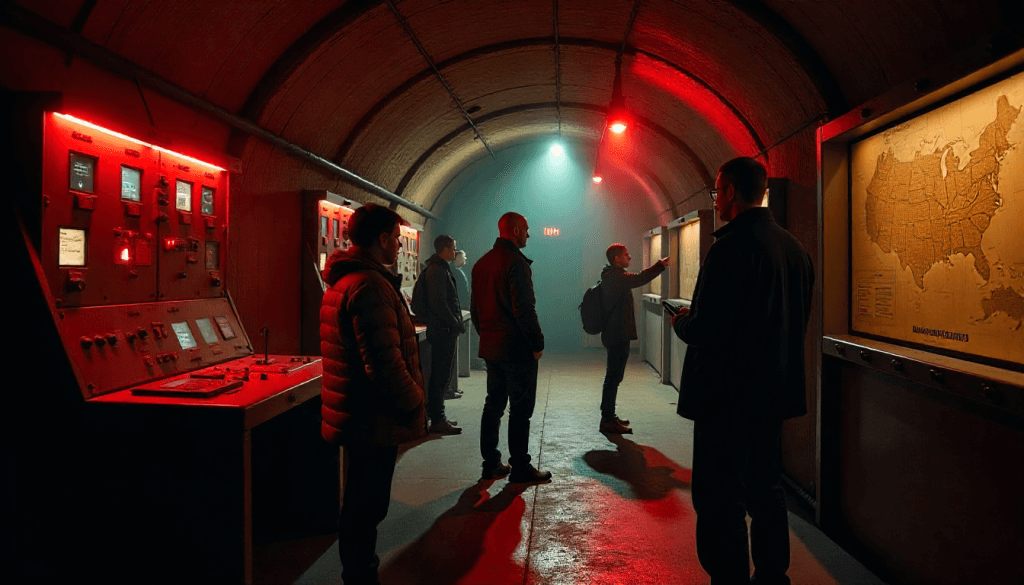 Turismo Industrial em Moscovo: Tours a Fábricas e Património Industrial">
Turismo Industrial em Moscovo: Tours a Fábricas e Património Industrial">
 Espaços Criativos de Moscovo: Ateliers de Artistas e Galerias Alternativas">
Espaços Criativos de Moscovo: Ateliers de Artistas e Galerias Alternativas">
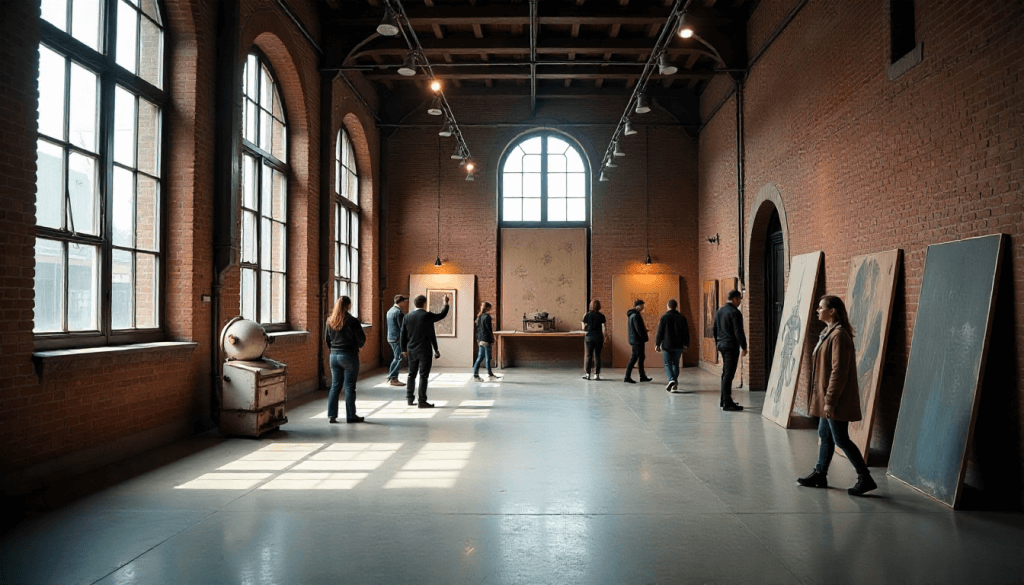 Turismo Industrial em Moscovo: Tours a Fábricas e Património Industrial">
Turismo Industrial em Moscovo: Tours a Fábricas e Património Industrial">
 Locais Abandonados Perto de Moscovo: Excursões de Um Dia Para Exploração Urbana">
Locais Abandonados Perto de Moscovo: Excursões de Um Dia Para Exploração Urbana">
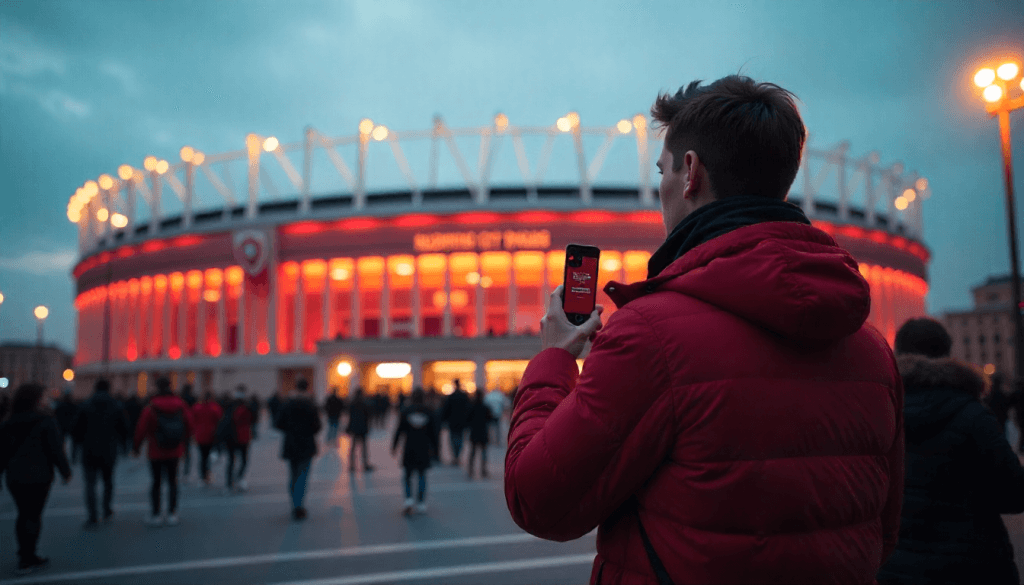 Moscovo para os Fãs de Desporto: Estádios, Equipas e Património Atlético em 2025">
Moscovo para os Fãs de Desporto: Estádios, Equipas e Património Atlético em 2025">
 Jardins Secretos e Parques Escondidos: Os Oásis Verdes de Moscovo em 2025">
Jardins Secretos e Parques Escondidos: Os Oásis Verdes de Moscovo em 2025">
 Turismo Médico em Moscovo: Centros de Bem-Estar e de Saúde de Classe Mundial">
Turismo Médico em Moscovo: Centros de Bem-Estar e de Saúde de Classe Mundial">
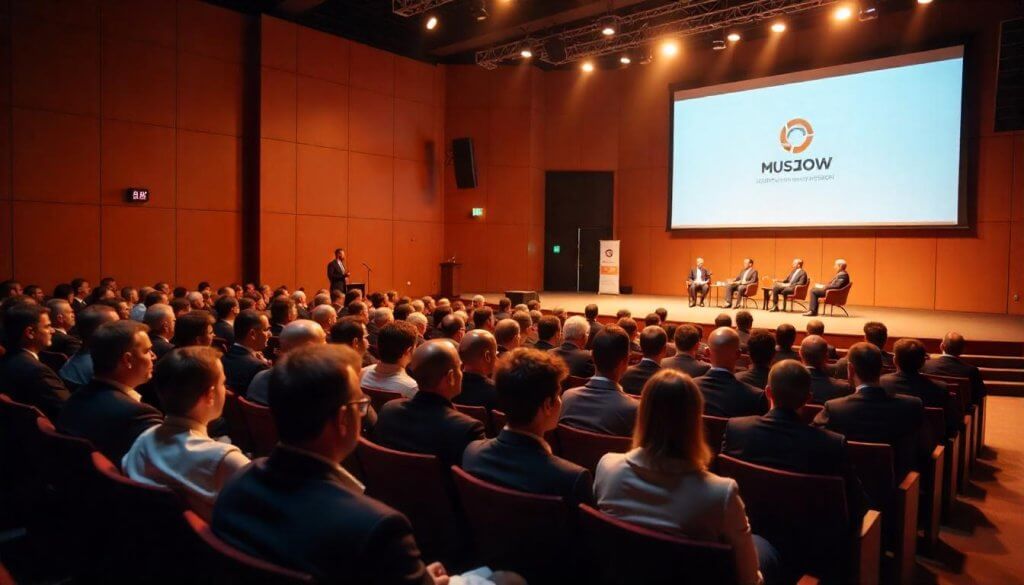 Viagens de Negócios em Moscovo: Eventos de Networking e Atrações Profissionais">
Viagens de Negócios em Moscovo: Eventos de Networking e Atrações Profissionais">
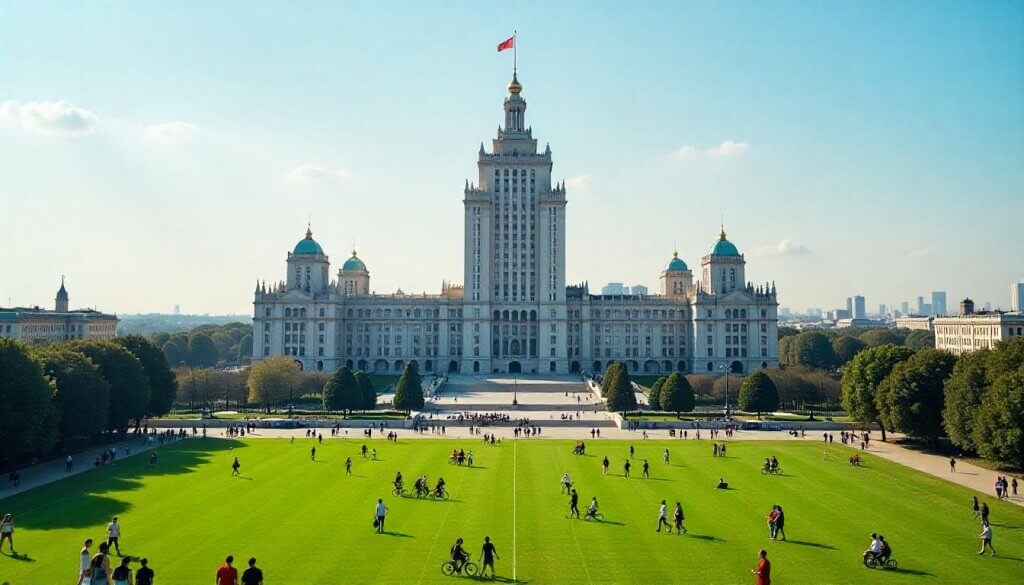 Distrito Universitário de Moscovo: Turismo Académico e Visitas Guiadas ao Campus">
Distrito Universitário de Moscovo: Turismo Académico e Visitas Guiadas ao Campus">